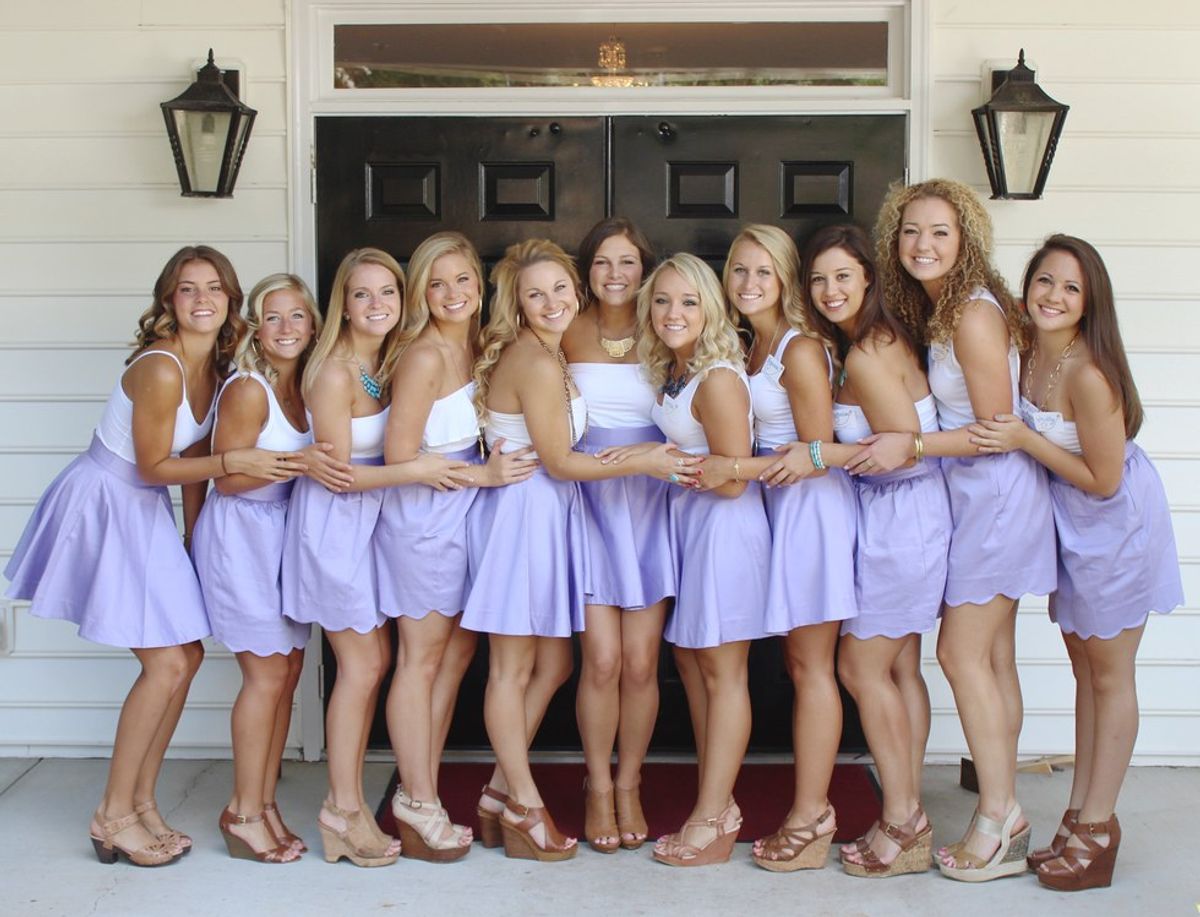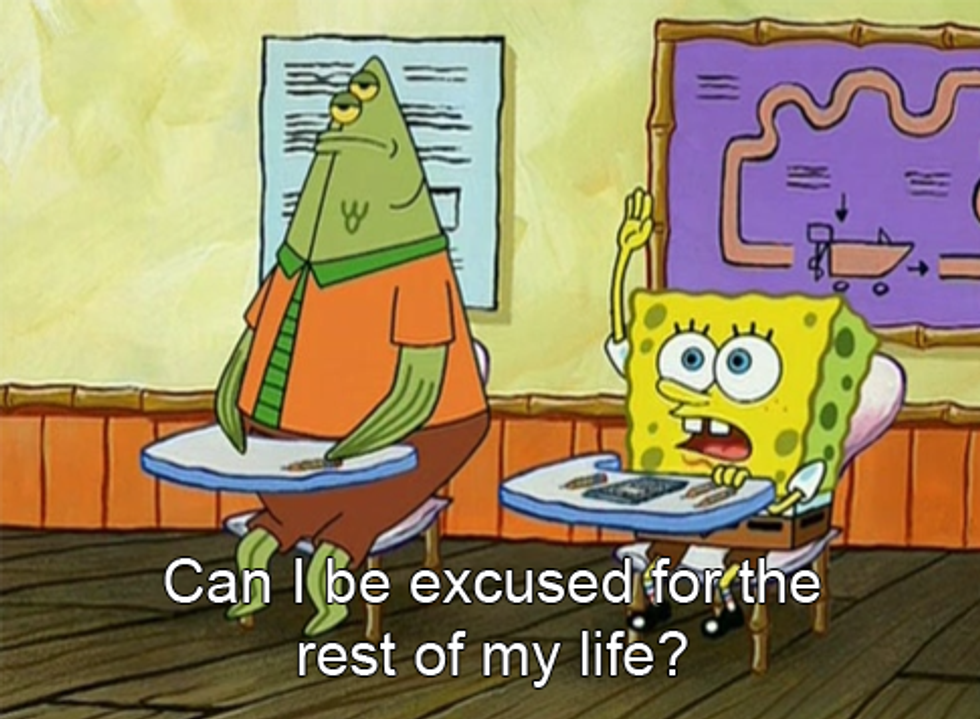Everyone (with the possible exception of Donald Trump) knows that election day is November 8, and many people have voted early! In fact, in every single county in North Carolina, more women than men have voted this year as of November 5. But how many people really understand the procedure through which our presidents and vice presidents are elected? The Electoral College has been in place since the inception of the country, but the structure had to be dramatically changed when political parties were created. Read on to learn more about how the leaders of our country take office in the United States.
Early Voting/Election Day (November 8)
Every single vote is counted. Not only do citizens vote for offices such as President, Vice President, Governor, and senators, but they also vote for electors. Electors are not permitted to hold federal office. The votes are tallied, and the electors are appointed.
Meeting of Electors (December 19)
On this day, the electors from each state will cast their votes. In every state except for Nebraska and Maine, the presidential candidate with the most of the popular vote in each state wins all the electoral votes for that state. The number of electors in each state is determined by the amount of individuals in that state who hold congressional office. North Carolina has 13 representatives in the House and two people in the Senate, so the state has 15 electors. While there are no federal laws governing how electors vote, individual states dictate how they are able to vote. There is a possibility that political parties can win electors’ votes regardless of the popular vote, but individual states make that illegal, and those votes will be replaced with those of substitute electors. Those who do not vote in accordance with state laws are called “faithless electors,” but there are no recorded cases of this happening. The votes are sealed in an envelope, and the copies are sent several individuals including the Vice President and the Archivist.
There is a common idea that the Electoral College essentially voids the votes of American citizens. This is both true and untrue. If I voted for Hillary Clinton here in North Carolina, but Donald Trump won the state, Trump would gain 15 electoral votes, and my vote for Clinton would be completely worthless. However, each vote is still extremely important!
Suppose a total of 10 million individuals in North Carolina voted, and the votes were split 4,999,999 for Clinton and 5,000,001 for Trump. As the vote stands, Trump would receive 15 electoral votes, and the 4,999,999 people who voted for Clinton have essentially been disenfranchised in regards to the presidential election. If just two more Clinton supporters decided their votes mattered and went out to perform their civic duty, the position of the entire state in the presidential election would be shifted, potentially changing the result of the election.
The Counting of the Votes (January 6)
The Vice President will oversee the counting of the electoral votes as Congress meets (both the House and the Senate). Presidential and Vice Presidential candidates must receive 270 or more electoral votes to be elected. In the event that this does not occur, the House will elect the President from three candidates with the most electoral votes, and the Senate will elect the Vice President from the two candidates with the most electoral votes. For both elections, each state will receive one vote.
This has never happened for the President, but it has happened once with the Vice President. Richard Johnson was elected by the Senate in 1836 (when President Martin Van Buren was elected). Johnson was Van Buren’s running mate, but there was a possibility that the other Vice Presidential candidate, Francis Granger, could have been elected even though his running mate, William Henry Harrison, lost the election. This was likely an issue because the Whig party had four candidates, and the Whig votes were split between those voters. Van Buren would have won the election even if these electoral votes were consolidated, but it was more of a danger for Vice President Johnson. While he still received more votes than the other Vice Presidential candidates, he failed to receive the 148 electoral votes necessary to win the majority.
The Electoral College certainly has fundamental issues. It indirectly places the responsibility of deciding the election on Congress rather than the American people in the event of a dispute, and it is the Electoral College that made the results of the 2000 election possible. I personally believe that the popular vote alone should determine the results of national elections, but until that moment comes, it is vital to remember that every single vote has the potential to change the course of history.
Exercise your civic right. Vote!






















